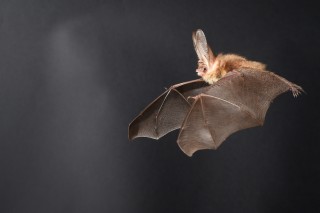Monopoly, Status, & Food
Our perception of our social status, even during a brief board game, may be powerful enough to affect our food choices.

Our perception of our social status, even during a brief board game, may be powerful enough to affect our food choices.
A form of estrogen that doesn’t promote cell division may make hormone replaement therapy a safer option for post-menopausal women.
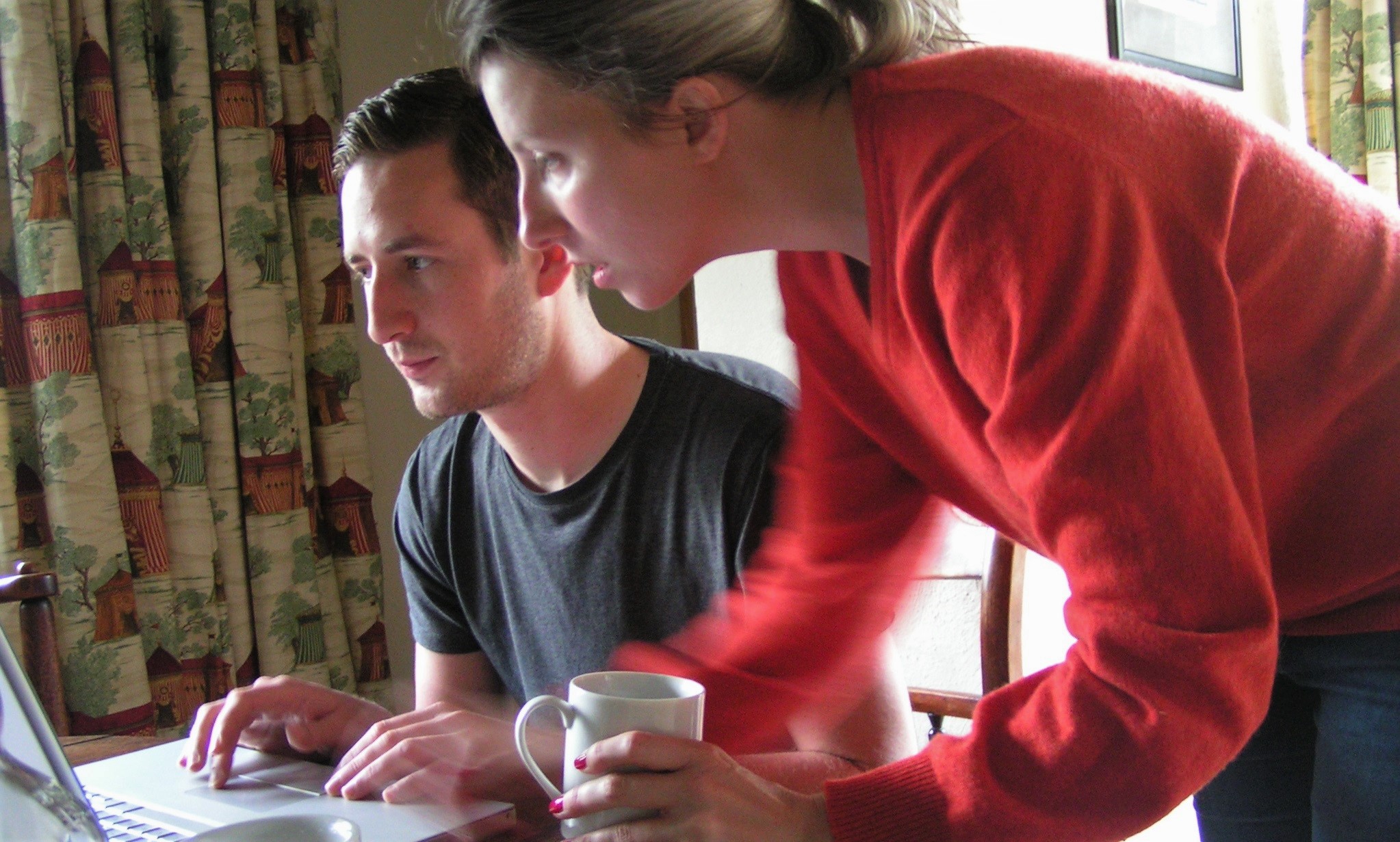
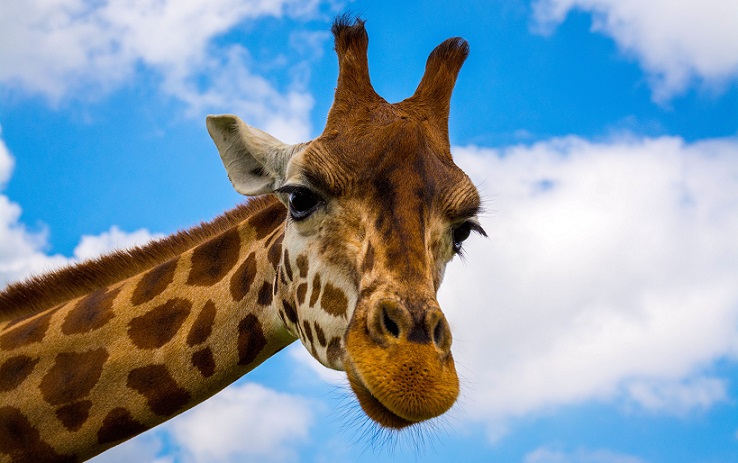
Scientists have sequenced the genome of the giraffe, looking for key differences in their DNA that allows them to tower above all other animals.
Ancient seismic sea waves on Mars left a lasting record, and insights into how life could have evolved on other planets.


Today’s dogs may have arisen from two different wolf populations, on opposite sides of Eurasia.

A brain scanning technique could help determine levels of awareness experienced by patients in comas.
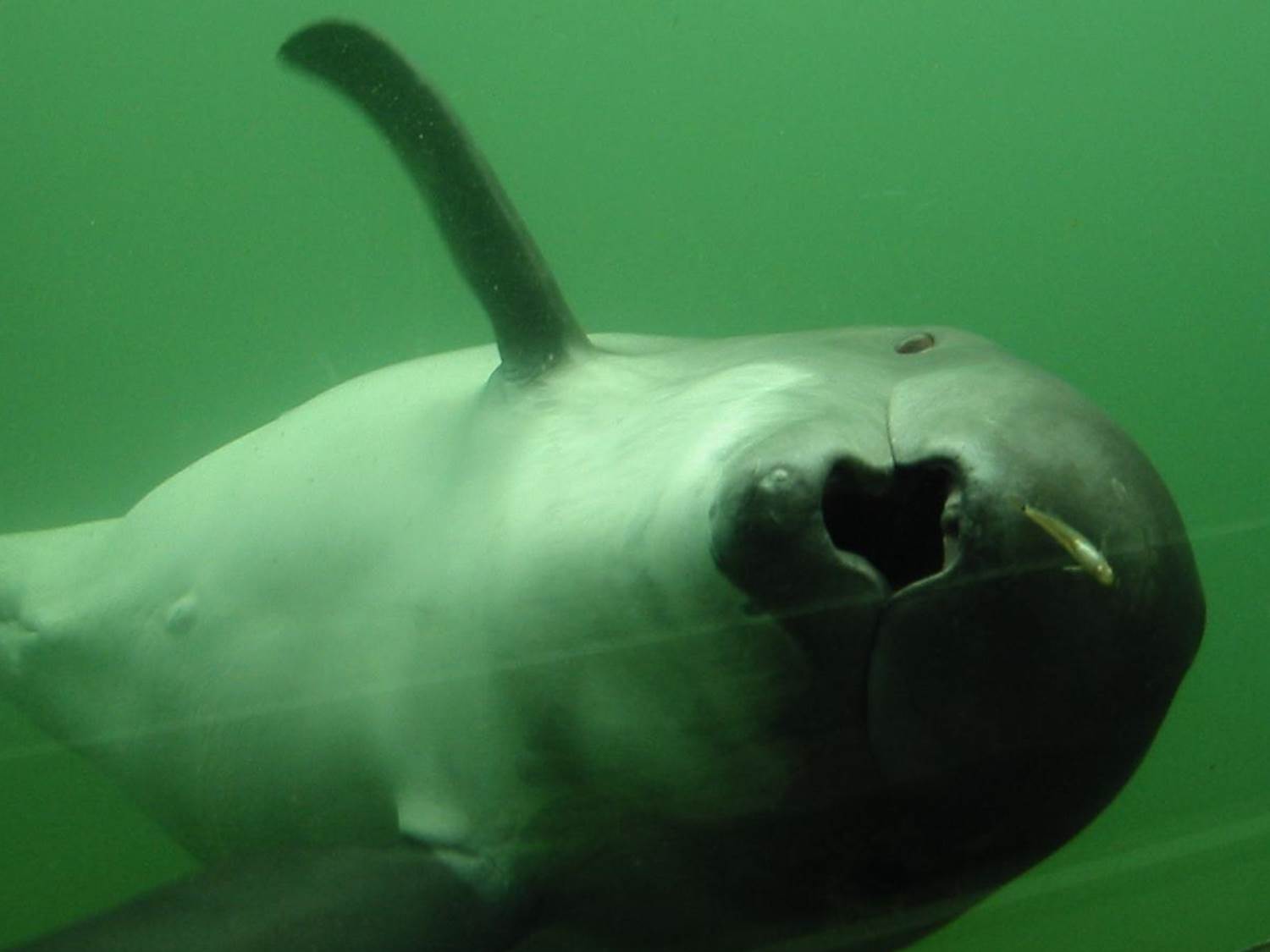
Harbor porpoises are championship hunters, eating nearly constantly day and night.

Rattlesnake venom is more potent against local ground squirrels than those from other locales.
Hallucinogenic drugs could lead to new treatments for intractable depression.

Engineers have designed flying robots that efficiently perch, extending their missions.

Tough, flexible, solar-powered skin-sensors could be the next step in wearable health monitors.
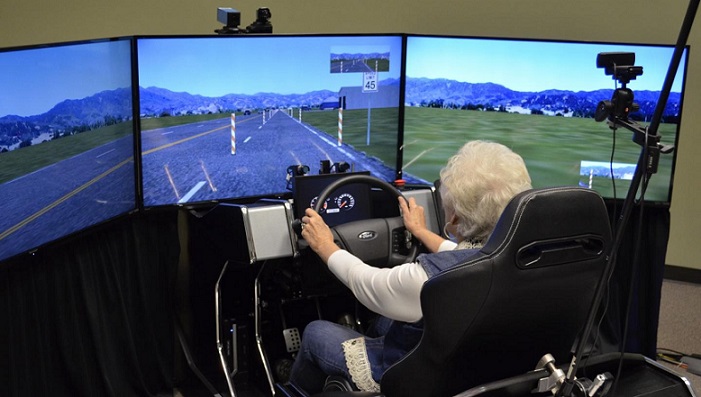
Driving while texting disrupts hand-eye coordination with the brain, unlike other distractions.

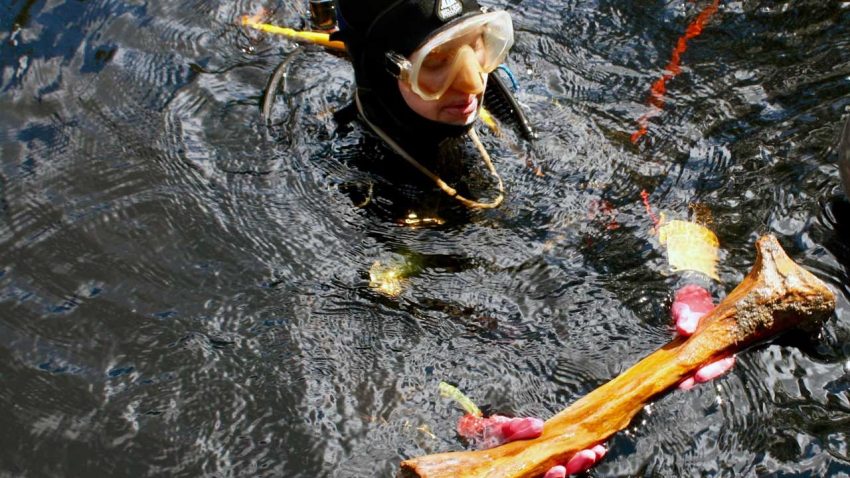
New evidence confirms that a prehistoric archaeological site in Florida is one of the continent’s oldest.
